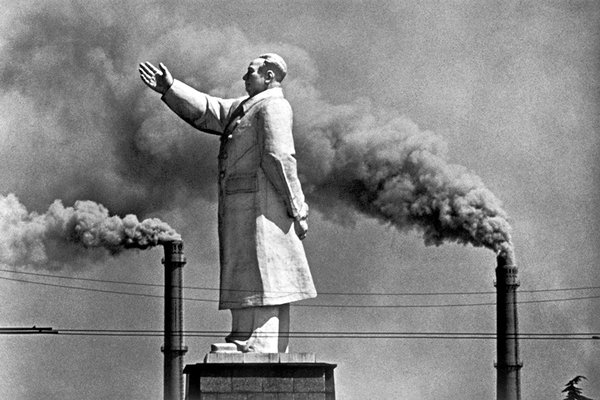For the New York Review of Books, Ian Johnson attends a meeting of the editors of Remembrance, an underground journal about Chinese history run out of a suburb of Beijing and distributed via PDF file, which gets quickly forwarded to a large and faithful audience around the world:
Remembrance is part of the rise of unofficial memory in China, a trend that resembles the appearance in the Soviet Union during the 1980s of groups like Memorial, a historical research society that helped undermine the regime by uncovering its troubled past. Today’s China is more robust than the Gorbachev-era Soviet Union, but memory is still escaping the censor’s grasp, posing challenges to a regime for which history represents legitimacy. The government still controls official history through textbooks, museums, movies, and the media. But memory is more private, and setting it down on paper can be presented as a personal enterprise, even when the outcome is highly political.
[…] One Saturday this spring, several of Remembrance’s regular writers stopped by the Tiantongyuan apartment for a pot of Pu’er tea and a chat with the journal’s cofounder, the retired film historian Wu Di. As they arrived, Wu leaned back in his chair and gave a running commentary on each. Among them were a computer data specialist at a technical university (“the greatest specialist on Lin Biao!”), an editor of the Communist Party’s flagship newspaper People’s Daily (“obviously he has to keep a low profile”), and a befuddled professor who had to call Wu three times to get directions (“what an egghead—he knows everything about violence in the Cultural Revolution but doesn’t know how to hail a gypsy cab”).
[…] Remembrance publishes articles on some of the most controversial topics in the Communist era. These include articles looking at the still-murky plot by Mao’s favorite general, Lin Biao, to depose him in 1971, accounts of political campaigns, and histories of strikes in the 1950s—the supposed golden era of Communist rule when the party claims it enjoyed mass support.
I asked Dai if Remembrance had a kanhao, the government-issued registration that all periodicals must obtain to be legal. “No, but we aren’t a publication,” she said. “We are just a PDF newsletter that goes out to just two hundred people.” [Source]
Read more about the Cultural Revolution and the history of the People’s Republic of China, via CDT.








